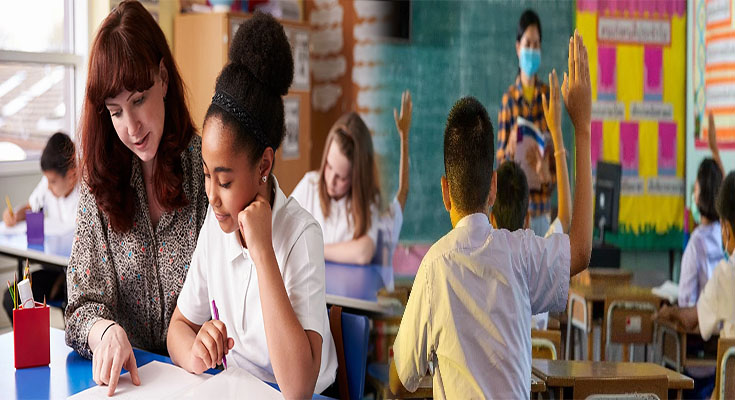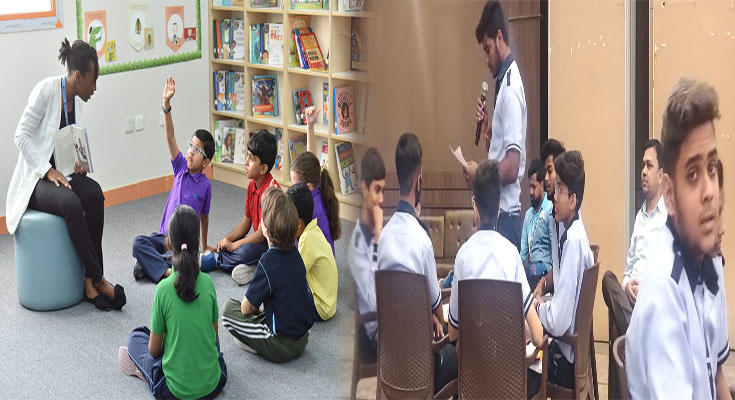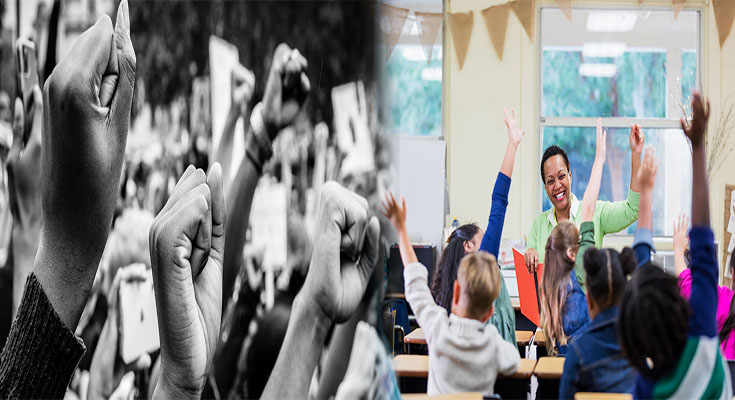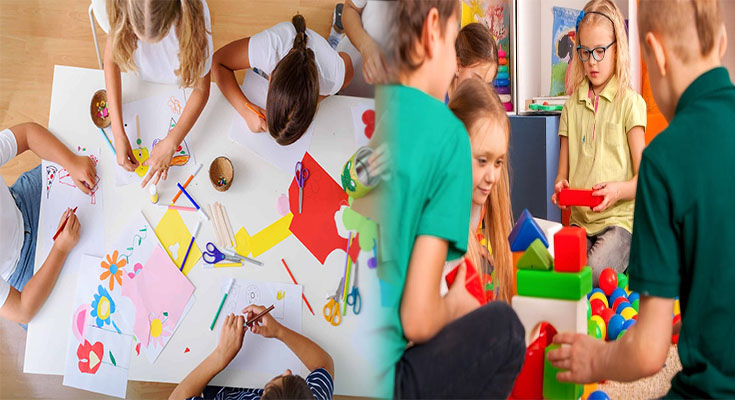
Critical Pedagogy: Empowering Students for Social Change
Critical pedagogy is a teaching approach that emphasizes the critical examination of social, political, and economic structures and aims to empower students to become agents of change. Developed by Brazilian educator Paulo Freire, this approach seeks to challenge the dominant power structures and promote social justice, equity, and liberation. Through critical pedagogy, educators can help students develop critical thinking skills, empathy, and a sense of social responsibility, inspiring them to engage in positive social change.
The Foundation of Critical Pedagogy
At the core of critical pedagogy is the belief that education is a means for social transformation. By challenging the dominant power structures and promoting social justice, critical pedagogy seeks to empower students to become agents of change. This approach aims to move beyond the traditional banking model of education, where students are treated as passive recipients of information, to a more democratic and participatory model of education, where students …
Critical Pedagogy: Empowering Students for Social Change Read More




